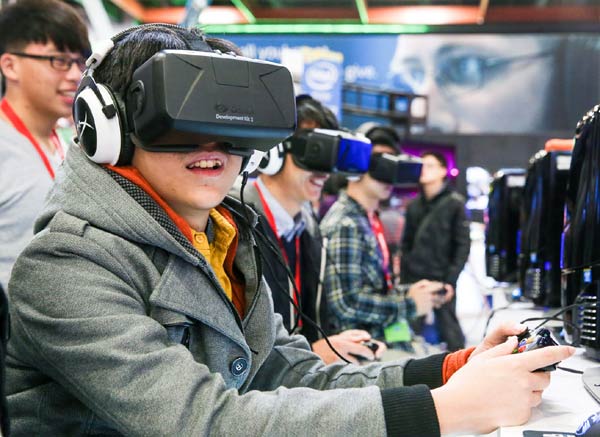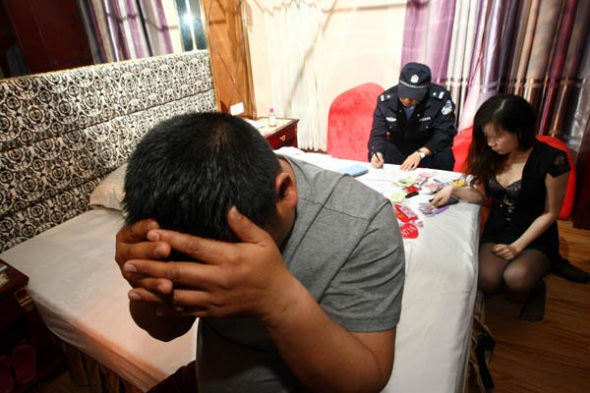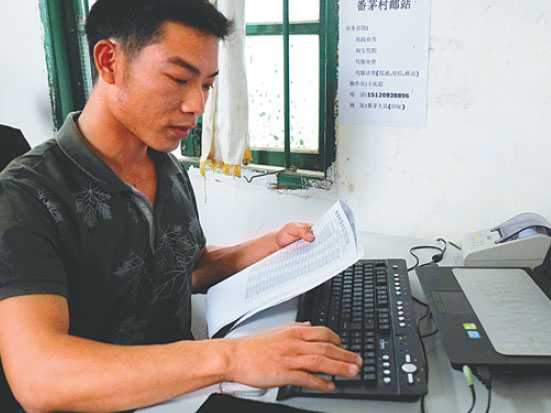Spotlight: Brazil's interim gov't reaffirms priority ties with China
english.news.cn 2016-05-19 14:04:00
BRASILIA, May 12, 2016 (Xinhua) -- Brazilian Vice President Michel Temer(C), holds the Senate notice promoting him to acting president in Brasilia, capital of Brazil, on May 12, 2016. The Brazilian Senate Thursday voted to continue the impeachment process against President Dilma Rousseff, suspending her from office for 180 days. (Xinhua/AGENCIA ESTADO)
BRASILIA, May 18 (Xinhua) -- Brazil's new Foreign Affairs Minister Jose Serra on Wednesday reiterated his country's priority in developing ties with China.
Serra, a member of interim President Michel Temer's new cabinet, outlined the government's key foreign policy guidelines in his speech.
"Relations with new partners in Asia, especially China, this great economic phenomenon of the 21st century, and India, will be a priority," said Serra.
Since 2009, China has been Brazil's leading trade partner and one of its top foreign investors.
The two countries maintain strong ties, both in the economic and political spheres, raising the bilateral relationship to the level of a "comprehensive strategic partnership" in 2012.
After Serra was appointed to Temer's cabinet on Thursday, he met with Brazilian Ambassador to China Roberto Jaguaribe. They spoke about the embassy's efforts to attract more Chinese foreign direct investment in fundamental sectors of the economy.
"Roberto is working to court Chinese capital to Brazil to invest along with Brazil's government in infrastructure works. That effort will be intensified, I'm certain," said Serra.
Boosting trade and diplomatic ties with longtime partners the United States, the European Unionand Japan, which in recent years took a back seat to regional integration and multilateral forums, does not run counter to Brazil's push to forge ties with new partners, said Serra.
"A country the size of Brazil does not choose or refuse alliances, it actively pursues them all, driven by its national interests," said Serra.
"We are also going to take advantage of the opportunities offered by inter-regional forums with other developing countries, such as BRICS, to speed up trade exchange and investment, and share experiences," added Serra.
Serra's statement was echoed by other politicians and experts in Brazil.
"We all expect the Brazilian economy to regain growth. China is a member country of the BRICS group, which also includes other emerging countries like Brazil, Russia, India and South Africa. A return to normalcy will help us attract investment from these countries," Senator Helio Jose told Xinhua, adding that as a BRICS member, Brazil has some reliable partners to count on.
"The Temer government will maintain good ties with other BRICS countries. China is a most important economic body of the world, with a lot of investment in Brazil. Brazil is very much interested in enhancing its trade with China," said Jose.
Senator Cristovam Buarque told Xinhua that Brazil and China enjoy a long friendship of healthy development.
"Our foreign ministry has a very good relationship with its Chinese counterpart. From this point of view, I think the new government will not worsen ties but only make them better," Buarque said.
"The BRICS countries will adopt more concrete platforms, like the BRICS Bank (New Development Bank)," said Ronnie Lins, director of Center of China-Brazil Research and Business. "The BRICS working mechanism needs improvement in many regards. I personally think that the BRICS countries should strive for innovation."
Editor:Yu Liang






